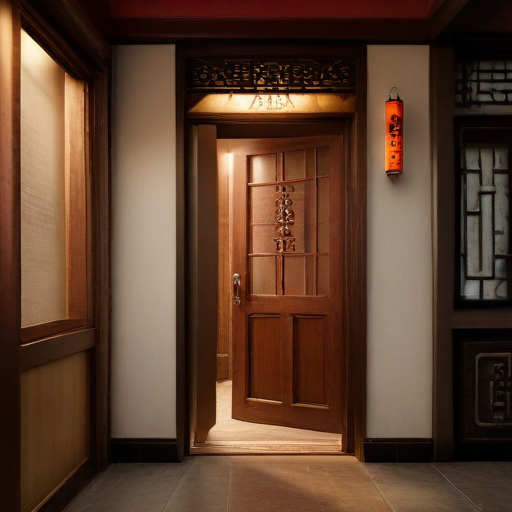For Jimmy O. Yang, known for his role in “Interior Chinatown,” the experience resonates deeply, bridging personal history and professional artistry. One of his earliest roles was “Chinese Teenager #1,” a title that reflects the struggle many actors of Asian descent face in Hollywood. In “Interior Chinatown,” Yang portrays Willis Wu, a character who transitions from being a background figure to becoming an active participant in a narrative about his missing brother.
This Hulu series, based on Charles Yu’s National Book Award-winning novel, cleverly operates within a meta framework. The lead characters, played by Yang, Chloe Bennet, and Ronny Chieng, navigate a police procedural titled “Black and White,” where they often find themselves overlooked and dismissed until the production lights dim, revealing their real lives in Chinatown.
Yang’s character sheds light on the stereotypes that artists in the Asian community often confront. “We get put in a box,” he expressed, highlighting common expectations like proficiency in martial arts or adherence to the model minority stereotype. Yang finds the role creatively stimulating, appreciating the opportunity to defy audience expectations. He emphasizes that the show aims to reveal the complexities behind facades often presented to the public, especially concerning marginalized communities.
Chieng’s character, Fatty Choi, symbolizes resilience in Chinatown, refusing to conform to societal pressures, while Bennet’s character, Detective Lana Lee, grapples with her biracial identity within both “Black and White” and Chinatown. Bennet meticulously crafted her character’s presentation, showcasing the duality of existing in two worlds and addressing the challenges of her heritage. Representing the nuances of biracial experiences, Bennet found the role cathartic, illustrating the ongoing relevance of these narratives in today’s society.
Chieng emphasizes an essential lesson from the series: the importance of acknowledging and understanding the stories of those who often remain unseen. He hopes that “Interior Chinatown” encourages viewers to engage with the lives of those in the background, recognizing their unique histories and aspirations.
By blending humor, insight, and a dose of satire, “Interior Chinatown” not only entertains but also opens up vital conversations about representation and identity in America, broadcasting a message of greater inclusivity and understanding within the entertainment industry.
This series exemplifies how storytelling can bridge cultural divides and foster empathy, leaving viewers with a renewed curiosity about the diverse tapestries that form the fabric of our communities.
